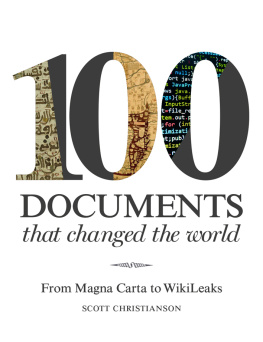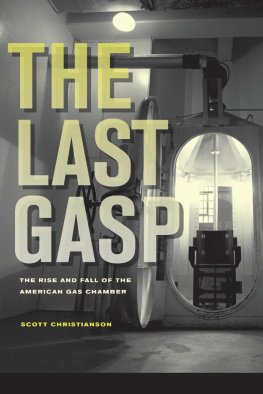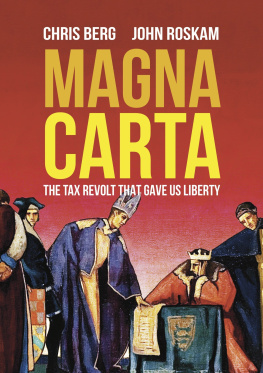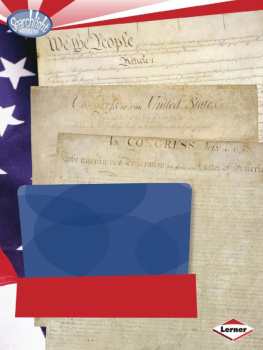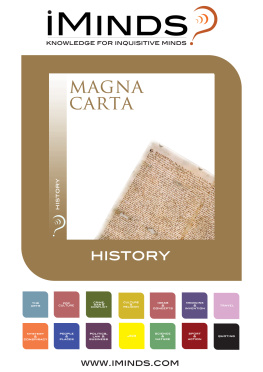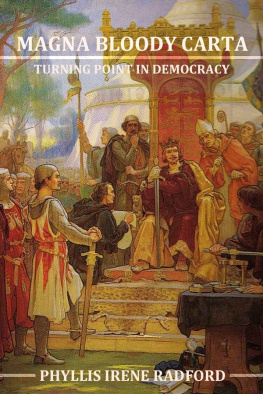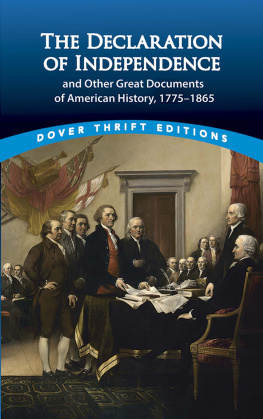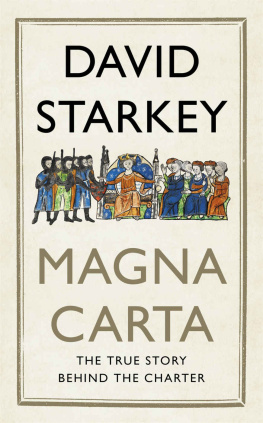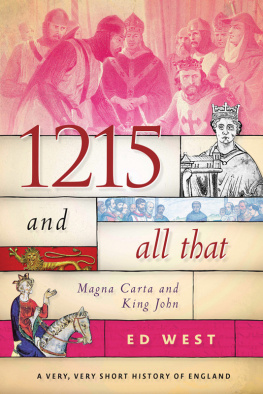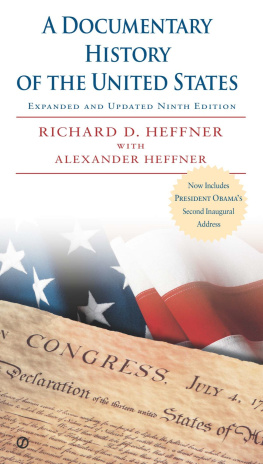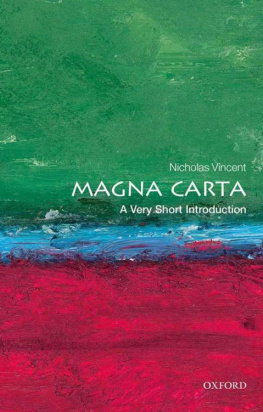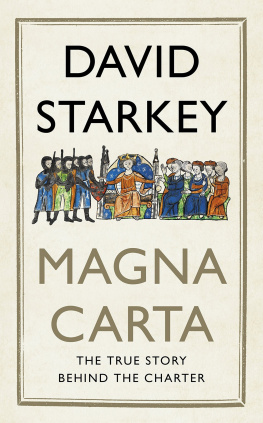
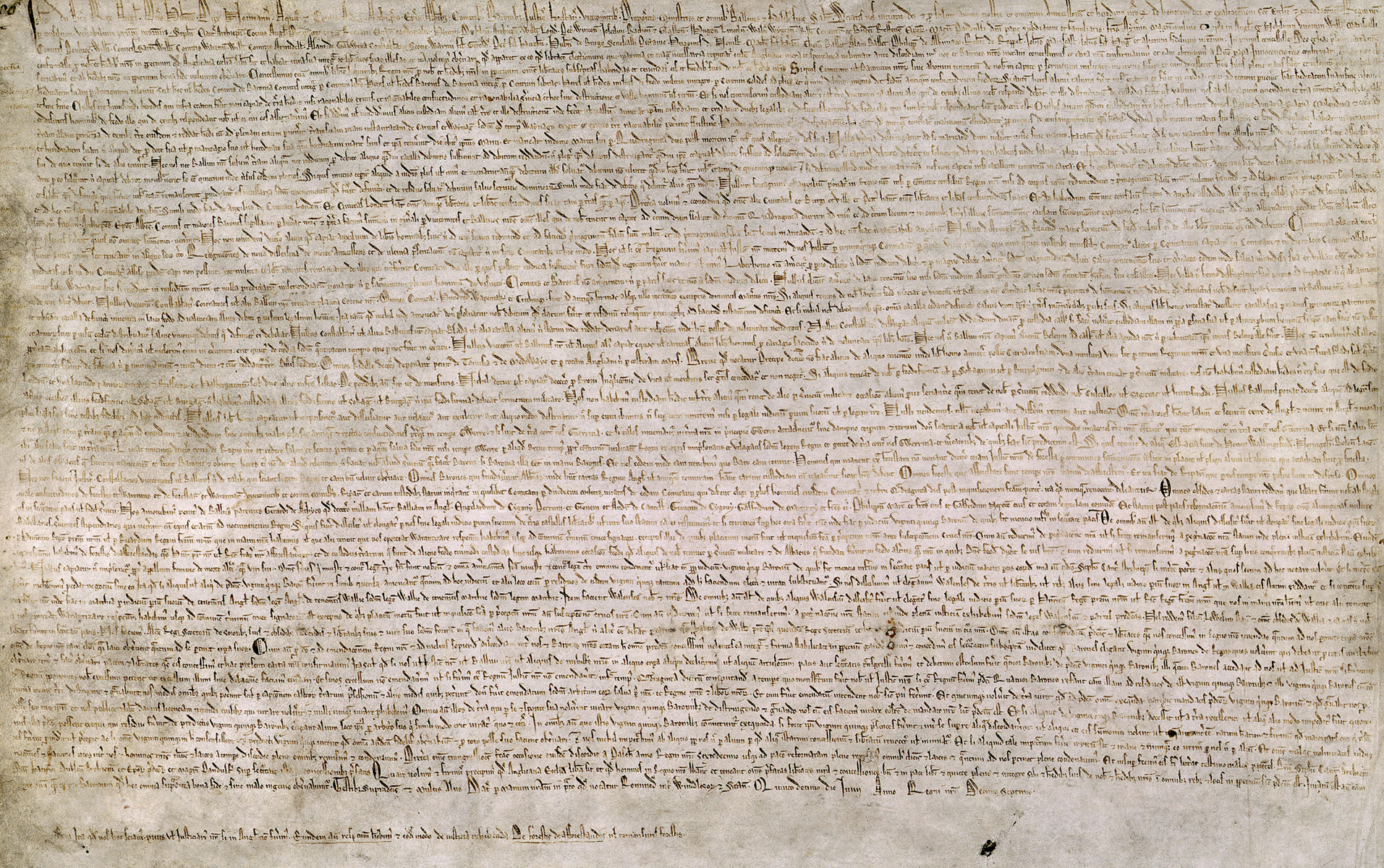
Magna Carta (see ).
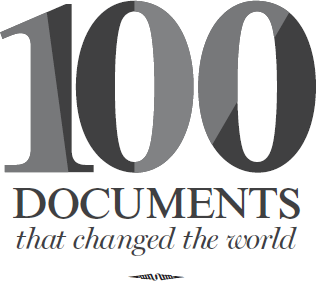
From Magna Carta to WikiLeaks
SCOTT CHRISTIANSON

For Eve, Michael, Adam, Joel and Julia
Contents
Martin Luther King, Jr.,
I Have a Dream |
Quotations from
Chairman Mao Tse-tung |
Bin Laden Determined to
Strike in US |
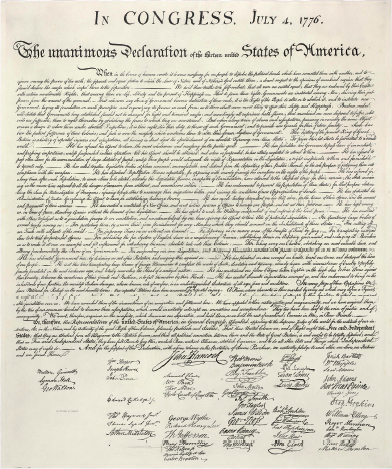
The Declaration of Independence the birth of a nation and one of the most significant landmarks in the history of democracy (see ).
document
noun \ d-ky -mnt, -ky-\
an official paper that gives information about something or
that is used as proof of something
a computer file that contains written text
1. a: | an original or official paper relied on as the basis, proof or support of something |
b: | something (as a photograph or a recording) that serves as evidence or proof |
2. a: | a writing conveying information |
b: | a material substance (as a coin or stone) having on it a representation of thoughts by means of some conventional mark or symbol |
3. a: | a computer file containing information input by a computer user |
ORIGIN Middle English, precept, teaching, from Anglo-French, from Late Latin & Latin; Late Latin documentum official paper, from Latin, lesson, proof, from docere to teach.
FIRST KNOWN USE 15th century
Introduction
We live in the Age of Documents. They are the signposts of our history and the currency of 21st-century life. In the digital era documents have become even more ubiquitous as they are infinitely viewed, produced, reproduced and archived. We are flooded by them in our everyday existence; they both enrich and clutter our lives. Documents have become integral to the way people think; we use them to navigate through our current world and connect to the past.
O f course not all documents are in themselves important or worth saving. Yet we rely on certain documents to tell us what is new and important, just as we consult others to learn about history. Without authentic documentation, recorded and preserved, there would be no inscribed remembered history and we would have no knowledge of the distant past.
Although the definition of document has continued to evolve and expand, as evident from the dictionary meanings shown opposite, it seems reasonable to expect that documents will continue to be even more important in the digital future and beyond. How could they not?
By viewing documents in historical perspective, as this book does, we gain a window onto the vast artefactual record of knowledge, civilization, power, and society. 100 Documents That Changed the World presents a variety of notable examples in all forms, from the last 5,000 years of human existence. The documents are time capsules that take us into the minds of their creators and the historical situations that impelled their creation.
The chronological listing reflects the changing material form of documents, as the historical record shows the earliest documents recorded in bamboo, silk slips, carved stones, and papyri, to finely printed manuscripts, paper documents in hand-print and type, and computerized files that collect and synthesize big data.
The different types or genres of documents presented include decrees and proclamations, holy books, legal codes, treaties and secret agreements, official warrants and certificates, patents, literary classics, philosophical treatises, diaries and letters, business contracts and commercial records, memoranda and electronic messages, and data maps, all of which made a significant mark in history.
There are government documents, church records and private communications, some of which appear as works of art but most of them simply impart important information plain documents that nevertheless started or ended wars, inspired religious worship for millions, or advanced the cause of science or human rights to new heights.
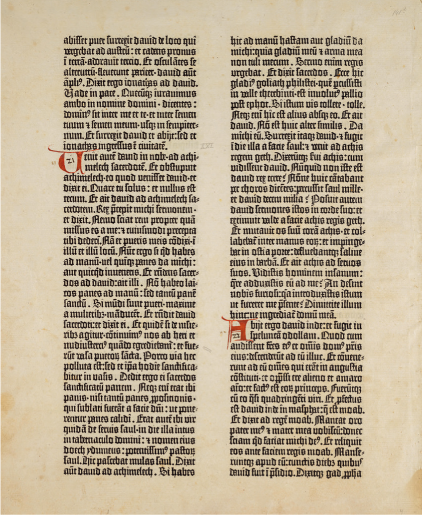
The Gutenberg Bible the first book to be printed with metal movable type changed the nature of document production (see ).
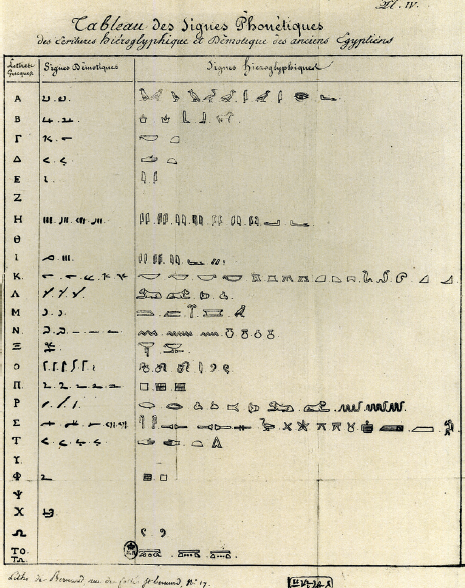
Jean-Franois Champollions code for deciphering the Rosetta Stone held the key to two forgotten languages (see ).
Several of the authors of these documents are among the great figures in history: Christopher Columbus, Leonardo da Vinci, Martin Luther, Isaac Newton, Charles Darwin, Abraham Lincoln, Sigmund Freud, Thomas Edison and Martin Luther King, Jr. Others are lesser known players: Shakespeares appreciative fellow actors; the guilt-ridden conquistador Bartolom de las Casas; the eccentric lexicographer Samuel Johnson; the meticulous polymath Peter Mark Roget who always sought to use the right word; and the eighteenth-century French feminist Olympe de Gouges, who was beheaded for her courageous womens rights manifesto. There are also kings and queens, generals, popes, presidents, bureaucrats and computer hackers.
While we generally need not consult the original handwritten manuscript of the Declaration of Independence in order to grasp the meaning of such a document, the artefact itself has enormous symbolic importance and the act of looking at it takes on the quality of ritual. Important original documents possess an aura that transcends their content and purpose, and renders them enormously valuable even priceless in need of state protection and conservation. Such documents embody and encode such large-scale, historic concepts as national identity, human rights, world-changing wars, massive transfers of wealth and population, and seminal scholarship in the arts and sciences. Thus readers of this book who cannot travel to the institutions in which the documents are housed, get to glimpse the oldest known versions as well as images of some of their makers and learn something of their background and context.
Some of the documents described here clearly altered the course of history legal documents such as the Code of Hammurabi, Magna Carta, or United States Constitution; rulers decrees such as the Alhambra Decree, Edict of Worms, or Emancipation Proclamation; famous treaties and secret pacts such as the Sykes-Picot Agreement and Treaty of Versailles; religious tracts such as the Dead Sea Scrolls or the Quran; and assorted other accounts.
There are also a few iconic documents that have influenced popular culture and modern media the Beatles EMI recording contract, the first TV listings, the documents that founded the Apple Computer Company, as well as the first website and the first tweet.
Next page
